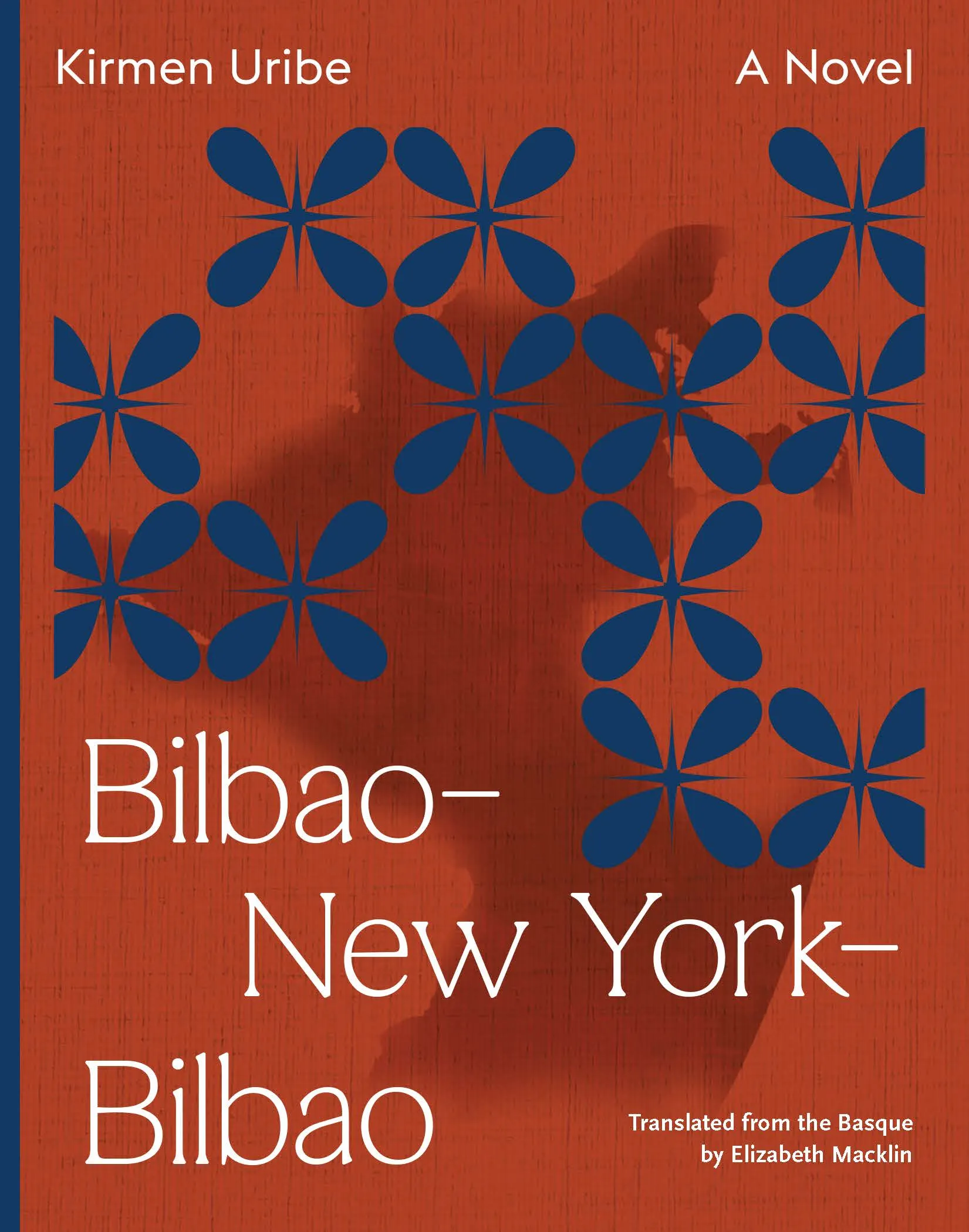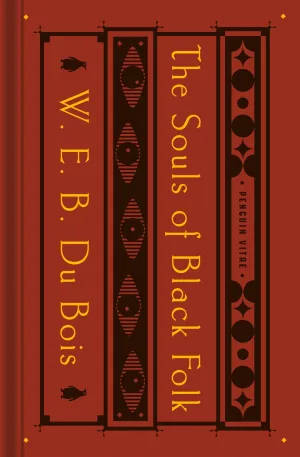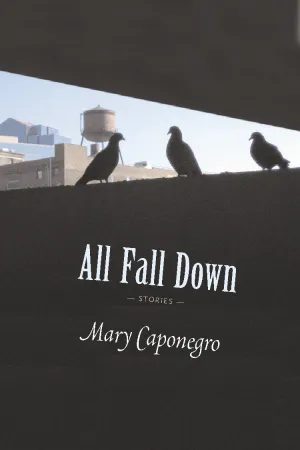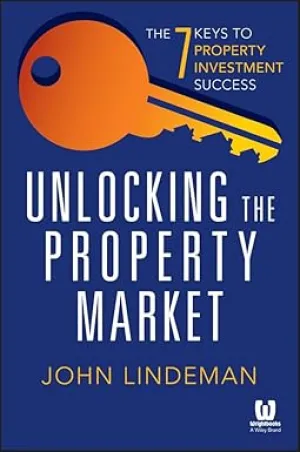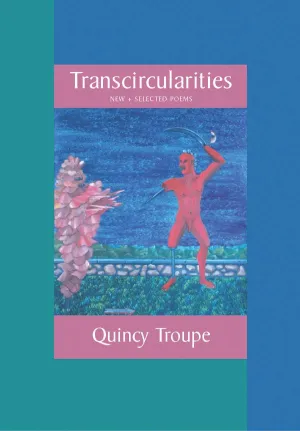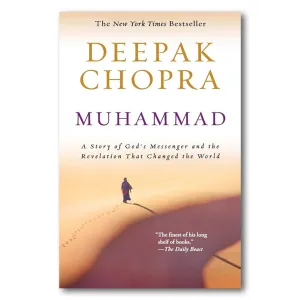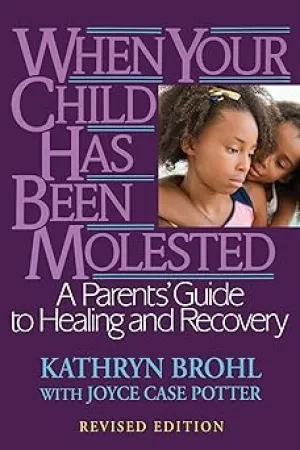Anovel byKirmen Uribe, translated byElizabeth Macklin
October 4, 2022 5.5 x 7 256 pages 978-1-56689-649-8
On a transatlantic flight between Bilbao and New York City, a fictional version of Kirmen Uribe recalls three generations of family historythe inspiration for the novel he wants to writeand ponders how the sea has shaped their stories.
The day he knew he was going to die, our narrators grandfather took his daughter-in-law to the Fine Arts Museum in Bilbao, the de facto capital of the Basque region of northern Spain, to show her a painting with ties to their family. Years later, her son Kirmen traces those ties back through the decades, knotting together moments from early twentieth-century art history with the stories of his ancestors fishing adventuresand tragediesin the North Atlantic Ocean. Elegant, fluid storytelling is punctuated by scenes from Kirmens flight, from security line to airport bar to jet cabin, and reflections on the creative writing process.
This original and compelling novel earned debut author Kirmen Uribe the prestigious National Prize for Literature in Spain in 2009. Exquisitely translated from Basque to English by Elizabeth Macklin, BilbaoNew YorkBilbao skillfully captures the intersections of many journeys: past and present, physical and artistic, complete and still unfolding.
BilbaoNew YorkBilbaois thesecond book commissioned for the Spatial Species series, edited by Youmna Chlala and Ken Chen. The series investigates the ways we activate space through language. In the tradition of Georges Perecs An Attempt at Exhausting a Place in Paris, Spatial Species titles are pocket-sized editions, each keenly focused on place. Instead of tourist spots and public squares, we encounter unmarked, noncanonical spaces: edges, alleyways, diasporic traces. Such intimate journeying requires experiments in language and genre, moving travelogue, fiction, or memoir into something closer to eating, drinking, and dreaming.
About the author
Kirmen Uribe writes in Basque. He is one of the most relevant and widely translated writers of his generation in Spain. He has written two collections of poems and four novels. Uribe won Spain's National Prize for Literature for his first novel, BilbaoNew YorkBilbao. His works have appeared in theNew Yorker and theParis Review, among many other journals. He was selected for the Iowa International Writers Program in 2017 and was awarded the New York Public Library Cullman Center Fellowship for 20182019. He is now based in New York City, where he teaches Creative Writing at New York University.
About the Translator
Elizabeth Macklin is the author of the poetry collections A Woman Kneeling in the Big City and Youve Just Been Told. A 1994 Guggenheim Fellow in Poetry, she received, in 1998, an Amy Lowell Poetry Travelling Scholarship, which allowed her to spend a year in the Basque Country, beginning studies in Euskara. Her translation of Kirmen Uribes first poetry book, Meanwhile Take My Hand, was published in 2007. In addition to BilbaoNew YorkBilbao, she has translated numerous multimedia works in which Uribe has been involved. In the Basque Country she is a member of Zart Cultural Center.
Praise for BilbaoNew YorkBilbao
A seamlessly digressive meditation on a writers family and Spanish history. . . . Uribes transfixing Sebaldian anecdotes take the reader down a series of rabbit holes and end up piecing together a memorable family portrait. It adds up to a powerful work of autofiction. Publishers Weekly
The transmission of memorycultural, regional, and personalrelies on storytelling, and as such, Uribes storytelling often takes on the flavour of myth. Asymptote
Praise for Kirmen Uribe
"Uribe has succeeded in realizing what is surely an ambition for many writers: a book that combines family, romances and literature, anchored deeply in a spoken culture but also in bookishnessand all without a single note of self-congratulation. Times Literary Supplement
Uribe's literature deepens its roots in the Basque Country, but it's completely universal. Harvard Book Review
[Uribes] works enlighten the path for memory. Los Angeles Times Book Review

 Cart(
Cart(